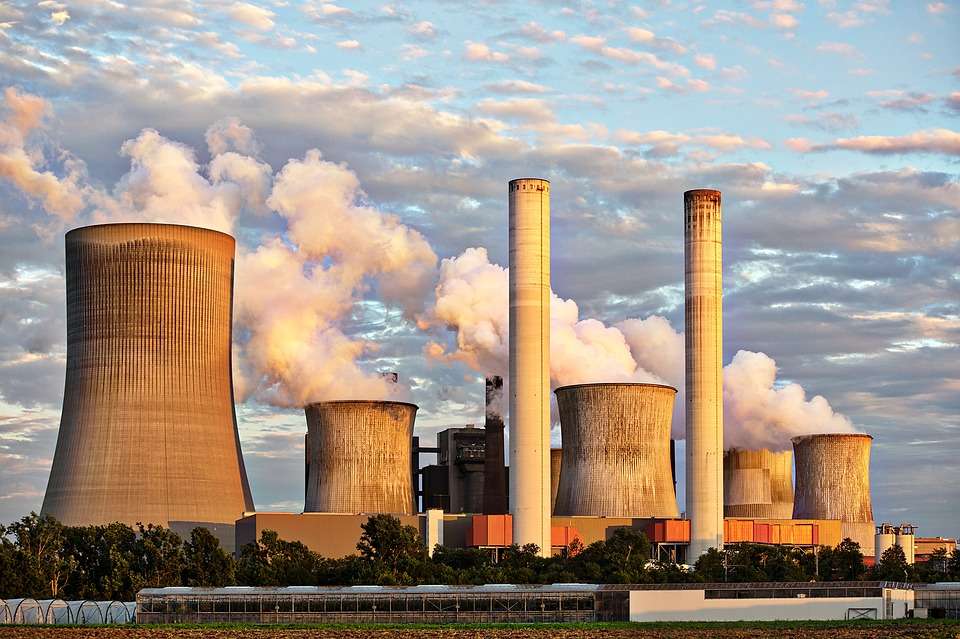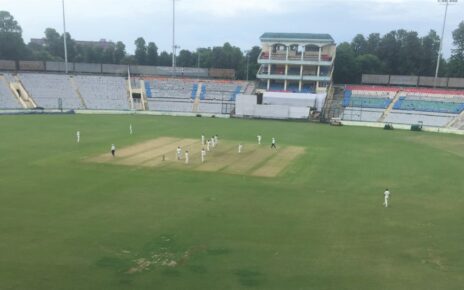Fall in power demand following economic slowdown and ongoing winter season has prompted Punjab State Power Corporation Limited (PSPCL) to shut all units of its thermal power plants and instead buy power to meet the local demand.
Power-surplus Punjab is currently finding it hard to sell electricity due to poor demand. As power demand in the winter season nosedives, the PSPCL is relying on other states and private plants to meet the reduced demand in the state by paying fixed charges.
“Power engineers had cautioned against this during the signing of the purchase agreements with power players. Our state-owned units were best in India, and now we are not operating. That is to save the fixed cost, which the PSPCL has to anyway pay to private plants, whether or not it purchases power,” says a senior PSPCL official.
As per data procured from the discom, the average power demand in Punjab is 6,000 MW during daytime, which dips to around 3,200 MW at night. “All units in Punjab at the state-owned thermal power plants have been shut to save costs,” said a top official.
While power from private players costs around Rs 3.14 to Rs 3.66 per unit, the production cost at state-owned plants is over Rs 3.80.
Power rates are already low in the national market owing to falling demand across the country due to slowdown, thus Punjab had to shut its units. The average slump in power demand in the country is around 10 per cent.
The slowdown in the industrial sector has also taken its toll with Punjab seeing a dip in demand by over 5 per cent in the state industry.
“The average cost that we can get by selling our power in the market will not be over Rs 3.10 paisa, while the production cost is much higher than this. We are buying power at Rs 3.31 paisa per unit from the exchange,” said PSPCL CMD Baldev Singh Sran.
Despite demands from within the Congress to reopen the one-sided purchase agreements to curb undue profits being raked in by private parties at people’s expense, the state government has been non-committal on the issue.
Before the Vidhan Sabha elections, Punjab Congress president Sunil Jakhar openly advocated review of all power agreements, but the issue remains untouched. As per that formula, power from private plant is cheaper, “otherwise we have to pay fixed cost”, said the spokesperson.
The recent decision of the Supreme Court to pay coal washing charges of Rs 2,800 crore to Talwandi Sabo and Rajpura thermal plants has come as a rude shock for Punjab and its consumers, who will have to bear the burden. The annual additional cost of washing charges is Rs 275 cr for Talwandi Sabo and Rs 225 cr for Rajpura thermal plant.
Even Congress leaders allege these two plants had burdened Punjab by Rs 65,000 crore with the difference in the tariff structure of similar plants in other parts of India through a conspiracy hatched by the previous Akali Govt in the name of “surplus power”.
Power experts say the present additional burden of Rs 2,800 crore had an interest component of Rs 600 crore, which could be avoided had the right decision been taken.
“The unfortunate part is that the additional burden of Rs 500 crore shall continue throughout the life of these two thermal plants. It will tantamount to an additional burden of over Rs 12,000 crore through the life of these plants, thereby raising the size of scandal from Rs 65,000 crore to Rs 77,000 crore,” they say.




